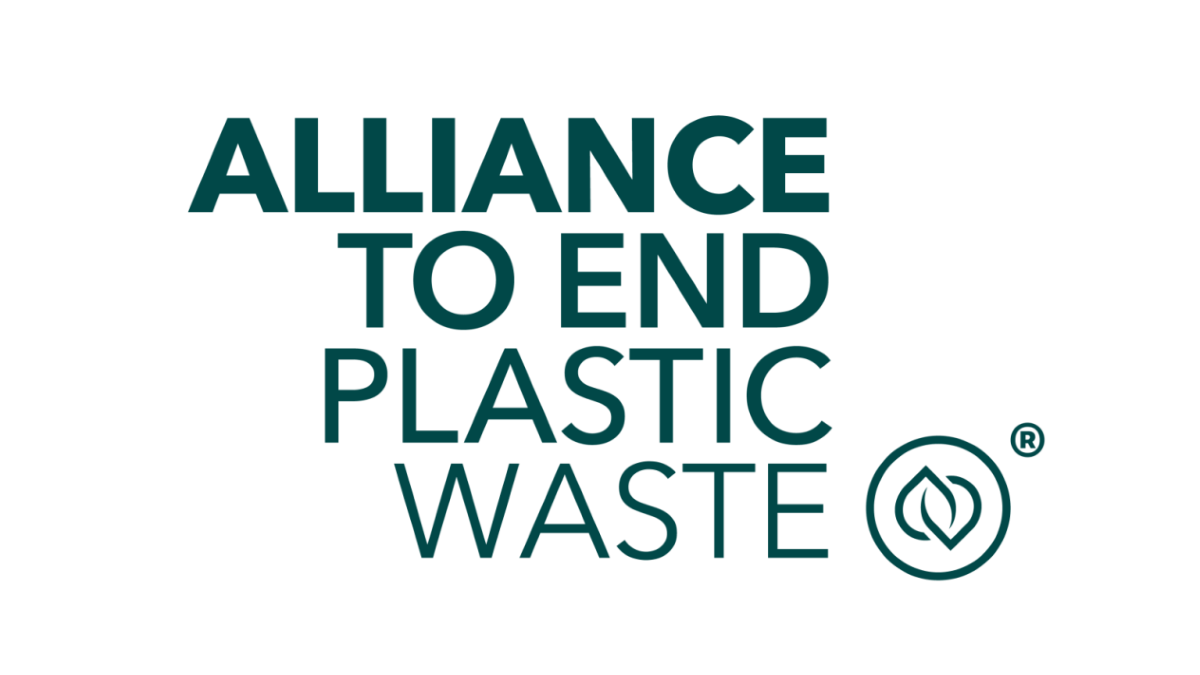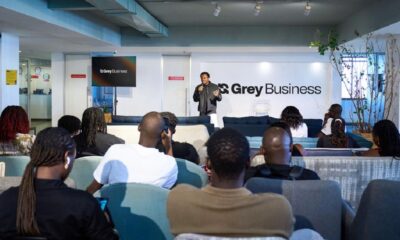SINGAPORE – Media OutReach Newswire – 17 April 2024 – The Alliance to End Plastic Waste has published the first two in a series of ‘Solution Model’ playbooks, to improve the understanding of the many stakeholders across the plastic value chain about what is possible and what else is needed to drive systems change to end plastic waste in the environment and develop a circular economy for plastics.
National and regional governments, companies, and communities across the world face the issue of plastic pollution, for which there is no one-size-fits-all solution. The Alliance initiated the concept of Solution Models as an important component of its mission. Specifically, this involves the development, de-risking, and demonstration of solutions to address different sources of plastic waste in different situations. All of this aligns with the Alliance’s key goals to reduce unmanaged waste, capture value from waste, create social benefit, and mitigate climate impact.
Each solution is tested through Alliance projects. As the projects and solutions mature, the Alliance combines these findings with existing industry experience to develop Solution Models, which the Alliance hopes will further improve replication and scaling in collaboration with partners. It has worked in collaboration with Boston Consulting Group (BCG) to create playbooks to support this. The first two playbooks are about Engaging Households in Segregated Municipal Waste Collection and Unlocking Value Through Basic Manual Sorting of Municipal Waste.
The first addresses household waste segregation which can significantly improve the volume and quality of material collected for recycling, while reducing sorting costs and decreasing landfill disposal. The playbook maps the steps Alliance project partners have taken to encourage households to separate the waste ‘at source’, in projects implemented in Argentina, China, India, and Indonesia.
The second playbook highlights the improved value recovery of plastic waste for recycling, including the use of simple and low-cost equipment to improve the ergonomics and speed of basic manual sorting. The Solution Model expressed in this playbook is particularly relevant to countries which have limited collection and treatment infrastructure, or those with early-stage recycling systems. Alliance projects that underpin this Solution Model can be found in Brazil, China, Indonesia, and Kenya.
In essence, the playbooks describe the challenges presented by the activities of each solution, how they were addressed in the projects, the lessons the Alliance has learnt, and its successes. They also record the enabling conditions necessary to implement the solutions, from policy levers to ecosystem conditions, business models, and innovation. The Alliance and BCG will continue to collaborate and, where applicable, update these playbooks as the solutions are strengthened.
The Alliance hopes that the playbooks will encourage other organisations to scale and replicate these solutions, taking on the lessons the Alliance has learnt and the identified critical success factors. This will enable acceleration of the common interest to prevent plastic waste from entering the environment.
Jacob Duer, President and CEO at the Alliance, said, “There is a need for solutions that are environmentally beneficial, socially responsible, and economically viable; and therefore, replicable and scalable if we are to advance the transition into a circular economy for plastics.”
“The plastic waste challenge is complex and requires a systems evolution from the current take-make-dispose model to a circular one that encourages reuse and recycle, alongside a range of other solutions required to address plastic pollution. To encourage this, we need investments and solutions that improve waste management, support behaviour change, and promote innovation.”
“We have not wavered in our aspiration to drive the systems change necessary to achieve full plastics circularity. This is a journey no organisation can approach alone, nor is there a silver bullet. We are calling for like-minded partners from across the public and private spheres to collaborate with us in furthering the development, strengthening, and implementation of current and future Solution Models.”
Marc Schmidt, Managing Director and Partner at BCG, Singapore, said, “The leakage of plastic waste into the environment is a critical issue that urgently needs tackling by working together with a wide range of stakeholders. We understand this is a big challenge.”
“We believe in creating practical, instructional solutions that can be easily implemented locally, tailored to the specific needs and context of a community dealing with plastic or waste issues. By scaling and replicating these solutions, we increase their impact significantly. We encourage local project developers to use these playbooks as a foundation and further develop and implement them.”
An in-depth introduction to the concept of Solution Models accompanied by a framework for documenting solutions can be found in a whitepaper published alongside the first two playbooks. Additional Solution Model playbooks are scheduled for release later in the year.
About the Alliance to End Plastic Waste
The Alliance to End Plastic Waste is a global non-profit organisation with the mission to end plastic waste in the environment and to advance a circular economy for plastics.
The Alliance convenes more than 70 companies across the plastic value chain with local communities, civil society groups, intergovernmental organisations, and governments. The collective know-how, experience and resources of this global network enable the current portfolio of more than 50 projects.
Together, we work towards economically viable, environmentally beneficial, and socially responsible solutions. Find out more: endplasticwaste.org.
About Boston Consulting Group
Boston Consulting Group (BCG) partners with leaders in business and society to tackle their most important challenges and capture their greatest opportunities. BCG was the pioneer in business strategy when it was founded in 1963. Today, we work closely with clients to embrace a transformational approach aimed at benefiting all stakeholders – empowering organisations to grow, build sustainable competitive advantage, and drive positive societal impact.
Our diverse, global teams bring deep industry and functional expertise and a range of perspectives that question the status quo and spark change. BCG delivers solutions through leading-edge management consulting, technology and design, and corporate and digital ventures. We work in a uniquely collaborative model across the firm and throughout all levels of the client organisation, fuelled by the goal of helping our clients thrive and enabling them to make the world a better place.


 Business4 days ago
Business4 days ago
 Events5 days ago
Events5 days ago
 Energy5 days ago
Energy5 days ago
 Energy3 days ago
Energy3 days ago
 Events4 days ago
Events4 days ago
 Business4 days ago
Business4 days ago
 Business4 days ago
Business4 days ago
 Business4 days ago
Business4 days ago











